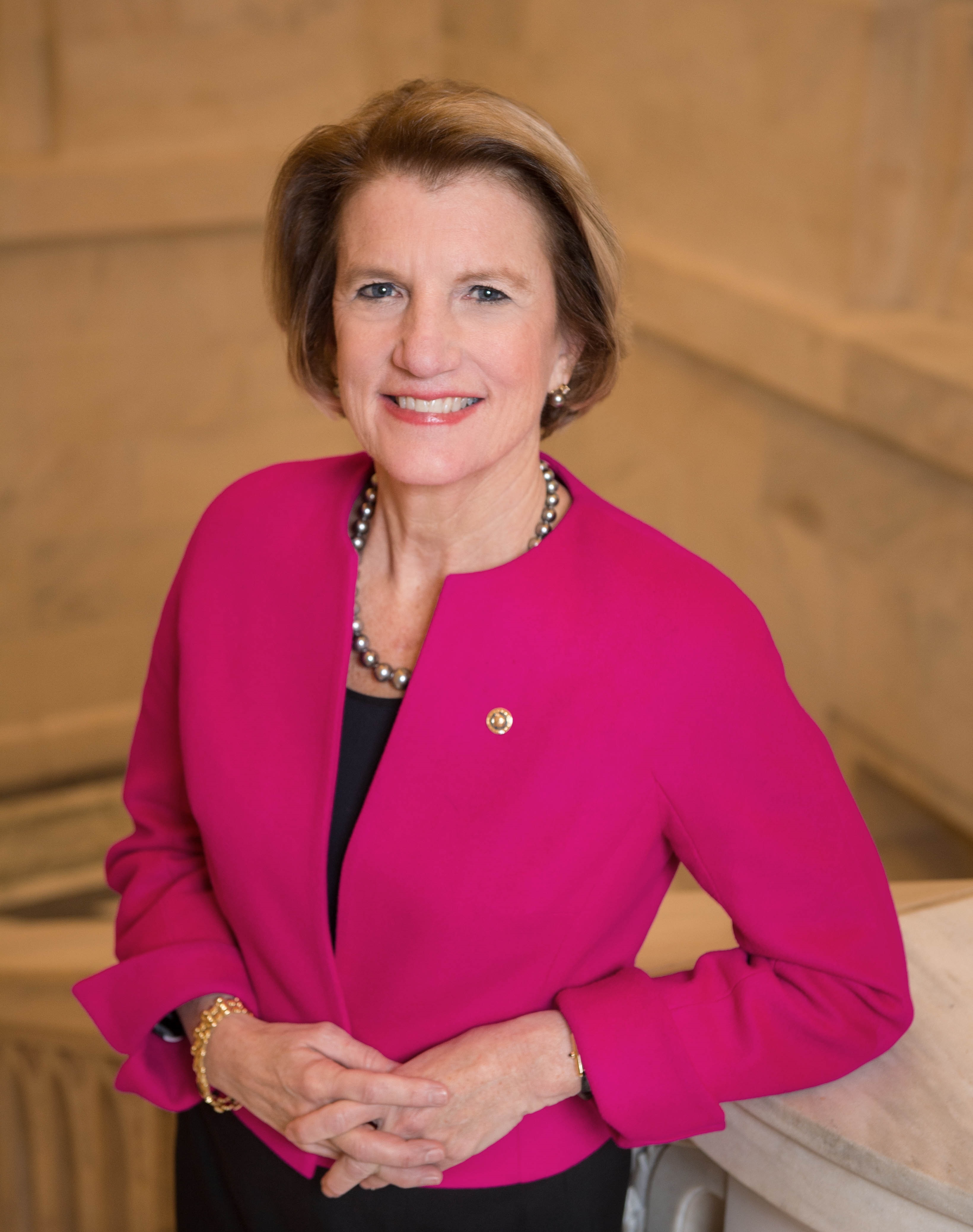CHARLESTON, W.Va. — With the midterm elections three months away, U.S. senators want Congress to approve changes to an 1880s election law, citing the January 2021 insurrection at the U.S. Capitol as a reason for modifications.
A bipartisan group of senators unveiled the Electoral Count Reform Act and the Presidential Transition Improvement Act late last month. The legislation includes provisions regarding state electors, the role of the vice president in the certification process and how lawmakers challenge results.
Sens. Joe Manchin, D-W.Va., and Susan Collins, R-Maine — the measure’s lead sponsors — appeared Wednesday before the Senate Rules and Administration Committee. Both lawmakers stressed the need for this legislation in response to the challenges and violence related to the 2020 presidential election.
“The time to reform the ECA is way past due,” Manchin said. “The time for Congress to act is now.”
Congress approved the Electoral Count Act in 1887, establishing guidelines for counting electors and how state officials submit votes. The law stemmed from the 1876 election when some states presented conflicting results.

The law has received heavy scrutiny in recent years because of events following the 2020 presidential election. Trump and his allies challenged the election results and attempted to undermine voters by pushing alternative electors and pressuring then-Vice President Mike Pence to reject some electors. Fears about the opposition only rose after Trump supporters stormed the U.S. Capitol amid legislators certifying President Joe Biden’s victory. Multiple Republicans — including West Virginia Reps. Alex Mooney and Carol Miller — later objected to approving the results from certain states.
“We were all there on Jan. 6. That happened. That was for real. It was not a visit by friends from back home,” Manchin said. “We have a duly responsibility to make sure it never happens again.”
Collins described the Electoral Count Act as an “archaic and ambiguous law.”
“It took the violent breach of the Capitol on Jan. 6 to really shine a spotlight on how urgent the need for reform was,” she added.
The Electoral Count Reform Act and the Presidential Transition Improvement Act would limit the power of identifying a state’s electors to a governor or other specified official and clarify the vice president’s role regarding the certification process as “solely ministerial” with no power to accept or reject votes. The threshold for congressional delegates to challenge election results would be set at one-fifth of members of both chambers.
The measure also eliminates language allowing state legislatures to override the popular vote.
Manchin and Collins announced the bill following months of negotiations with other lawmakers. Manchin acknowledged the bill “is not perfect” before stating it would be a “tremendous improvement” from the current law.
Collins said the bipartisan group is united against having a similar situation to the 2020 presidential election.

“Nothing is more essential to the survival of a democracy than the orderly transfer of power,” she said. “And there is nothing more essential to the orderly transfer of power than clear rules for effecting it.”
Sen. Shelley Moore Capito, R-W.Va., is one of the proposal’s 16 co-sponsors. The senator, who also serves on the Rules and Administration Committee, shared a “sense of urgency” in passing the measure this year because of the November midterm elections.
“As soon as we turn the corner into January, we’re into another lengthy, two-year presidential election,” she said. “My personal feeling is we need to button this up before the end of the year because that will then set the clarity to move forward for the next election.”
Witnesses before the panel agreed with Capito. Derek Muller, a professor at the University of Iowa College of Law, said it would be prudent to give state election officials enough time to understand the new law. Janai Nelson, the president and director-counsel of the NAACP Legal Defense Fund, noted the need for “urgent reform.”
“By Congress advancing this as soon as possible, it frees Congress up to do more to protect our elections and enact other legislation that will compliment and enhance the ECRA,” Nelson added.
Manchin and Collins have additionally introduced a separate bill raising penalties for threatening or intimidating election officials, voters or candidates and improving how the U.S. Postal Service handles mail-in ballots. Capito is not sponsoring that legislation; she previously told reporters the second measure “expands more of the scope” of the first act.

